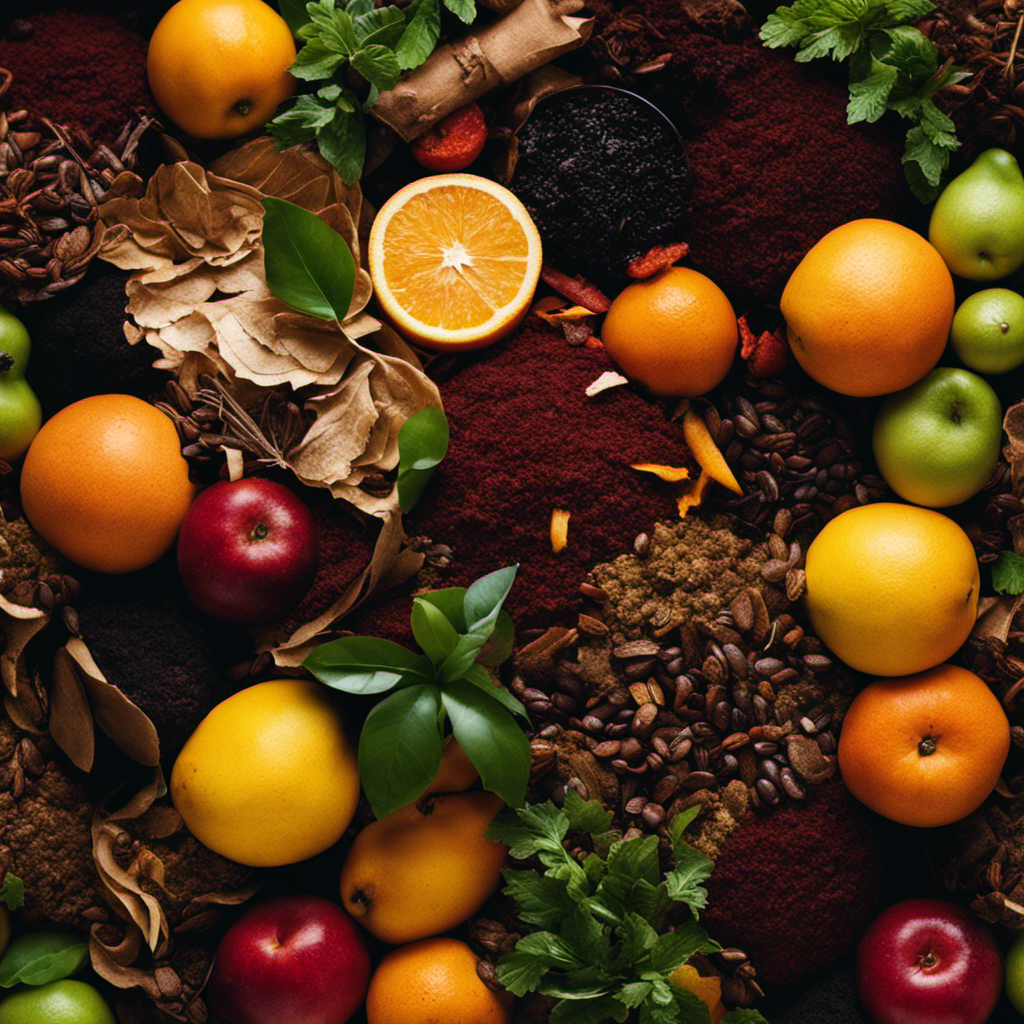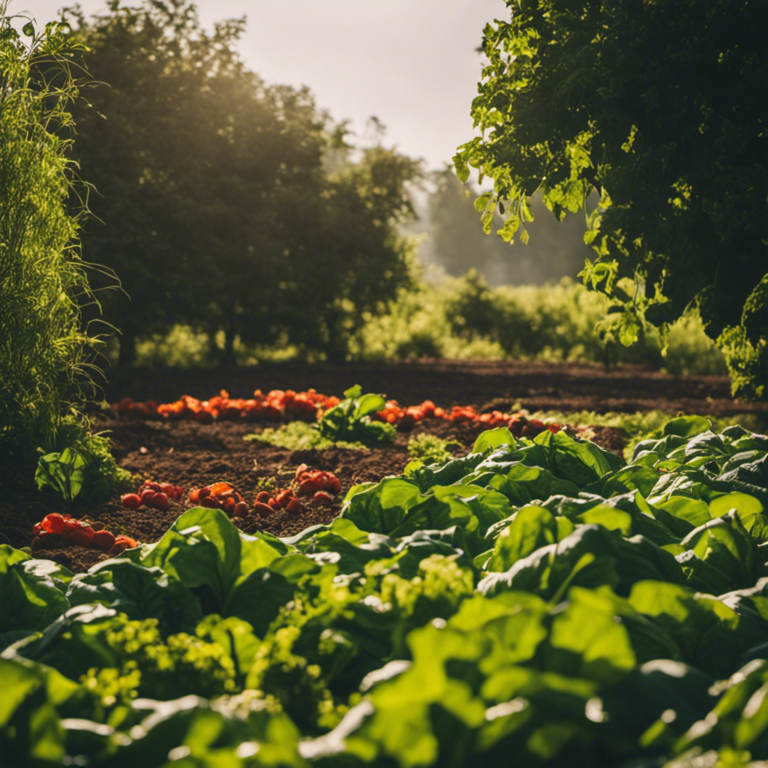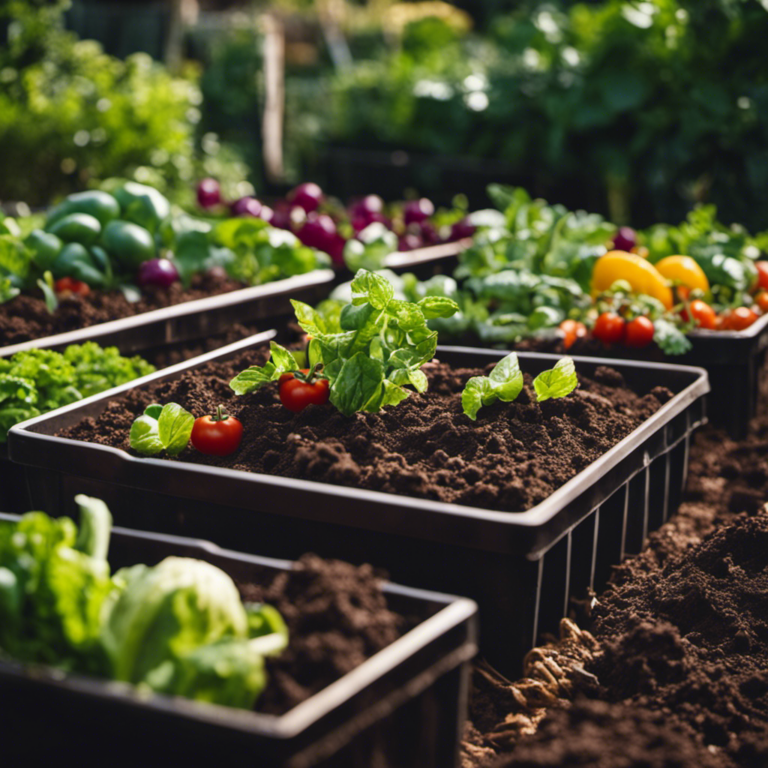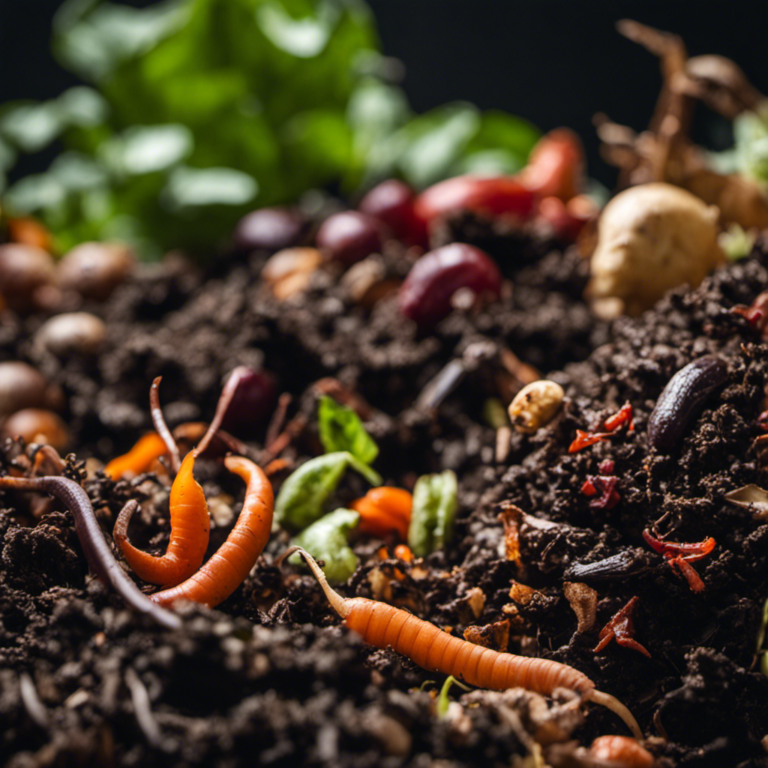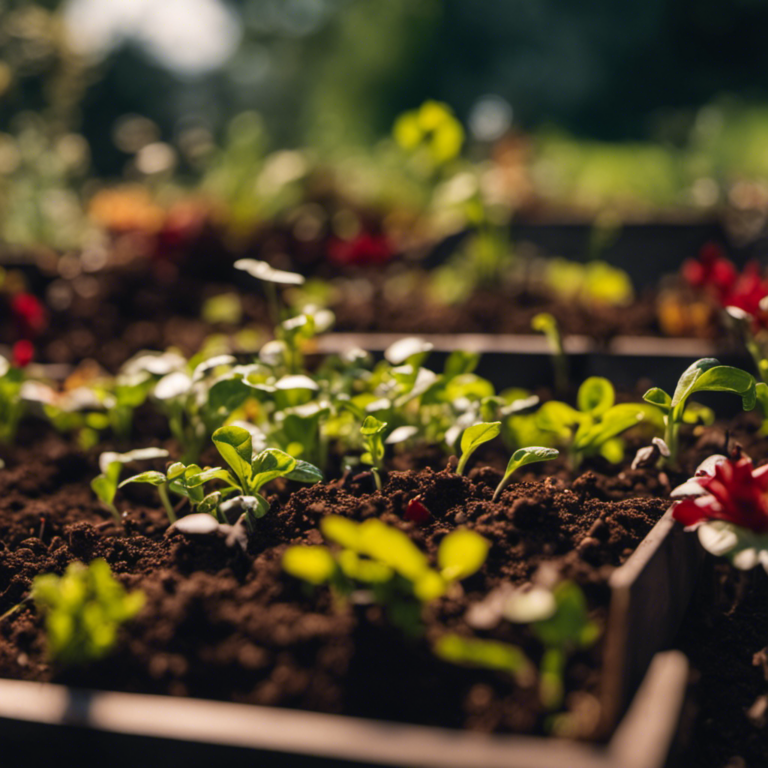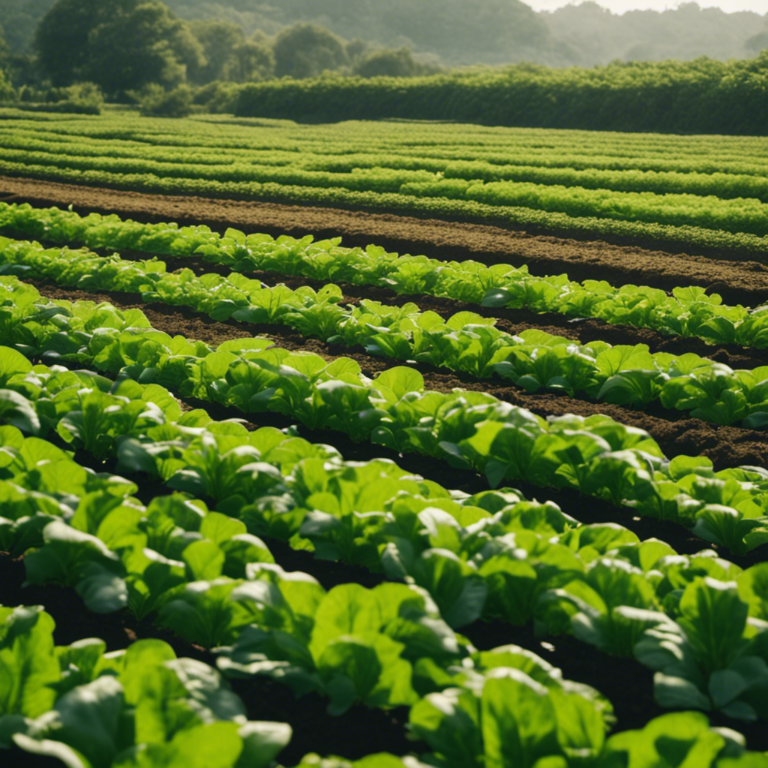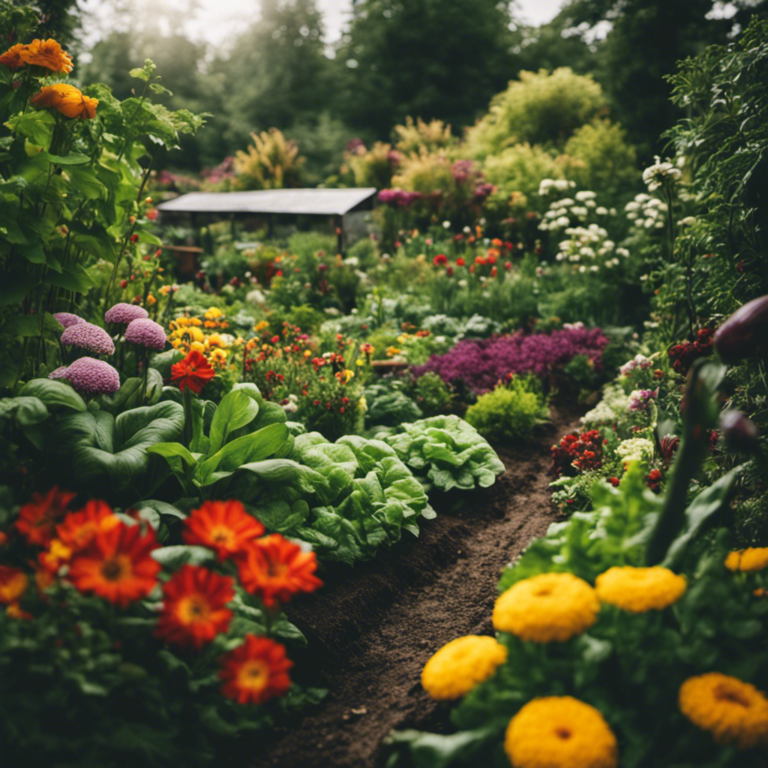As an organic farmer who is passionate about sustainable agriculture, I have discovered five advanced techniques that have significantly improved my composting process. These methods, which include aerobic composting, vermicomposting, bokashi composting, thermal composting, and compost tea production, have enhanced the quality and effectiveness of my organic farming practices.
Join me on this journey of sustainable agriculture as we explore these advanced composting techniques, honing our skills to make a positive impact on our planet.
Let’s delve into the world of advanced organic farming composting together.
Key Takeaways
Incorporating modern composting techniques can significantly enhance organic farming practices. These techniques include:
- Aerobic composting
- Vermicomposting
- Bokashi composting
- Thermal composting
- Compost tea production
By utilizing these methods, farmers can efficiently recycle organic waste, improve soil health, and boost crop yield. These techniques combine scientific knowledge with sustainable principles, paving the way for a more environmentally friendly future in agriculture.
Aerobic Composting
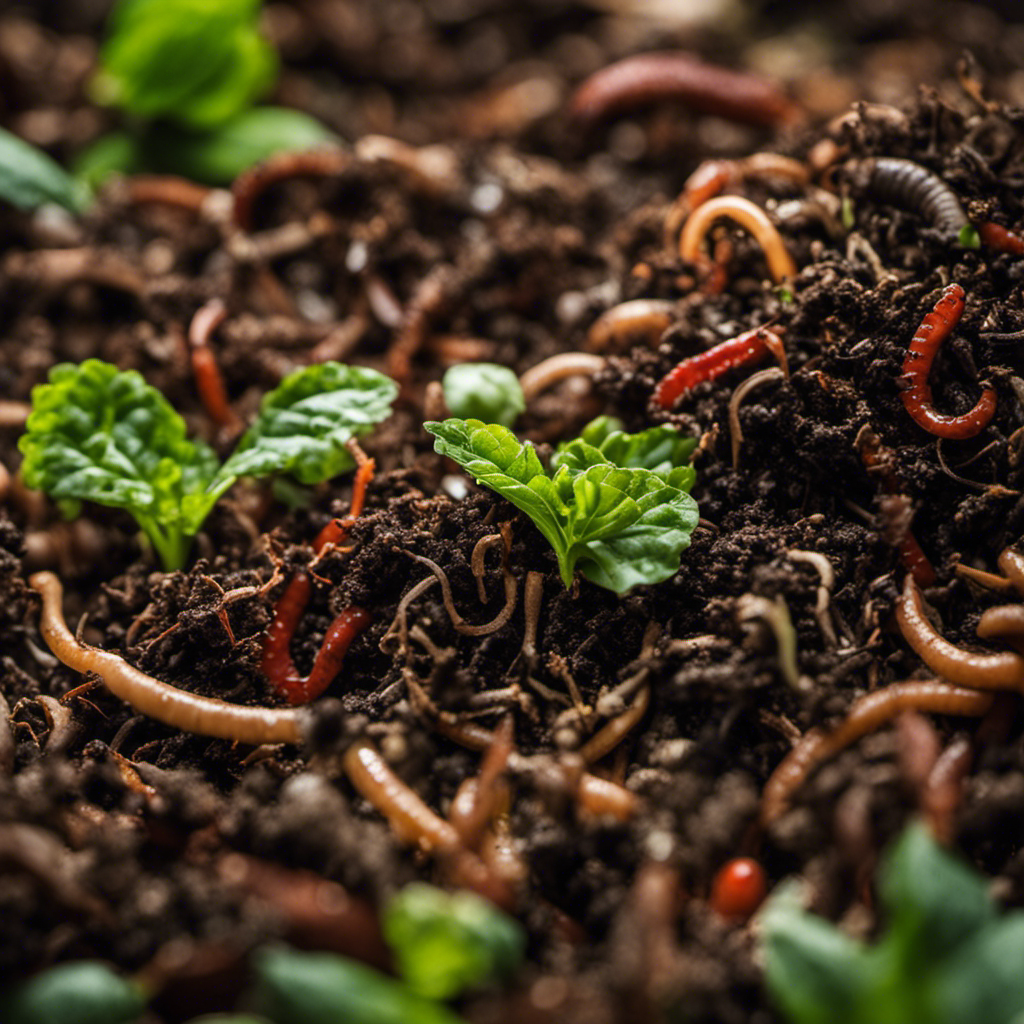
Aerobic Composting
In my experience, I’ve found that aerobic composting offers a highly effective and efficient method for organic farming. Aerobic composting is a process that involves breaking down organic materials with the help of oxygen. This method provides several benefits for farmers looking to improve soil health and fertility.
One of the primary advantages of aerobic composting is its ability to quickly convert organic waste into nutrient-rich compost. This process relies on microorganisms like bacteria and fungi that thrive in conditions with plenty of oxygen. As these microorganisms decompose the materials, they release essential nutrients, such as nitrogen, phosphorus, and potassium, into the compost. Farmers can then use this nutrient-rich compost to nourish their crops, resulting in improved growth and yield.
Additionally, aerobic composting helps control odors and reduce the risk of pests and diseases. The presence of oxygen in the composting process encourages the growth of beneficial bacteria that outcompete harmful pathogens. Moreover, the higher temperatures reached during aerobic composting can eliminate weed seeds and reduce the number of pests present in the compost.
Vermicomposting
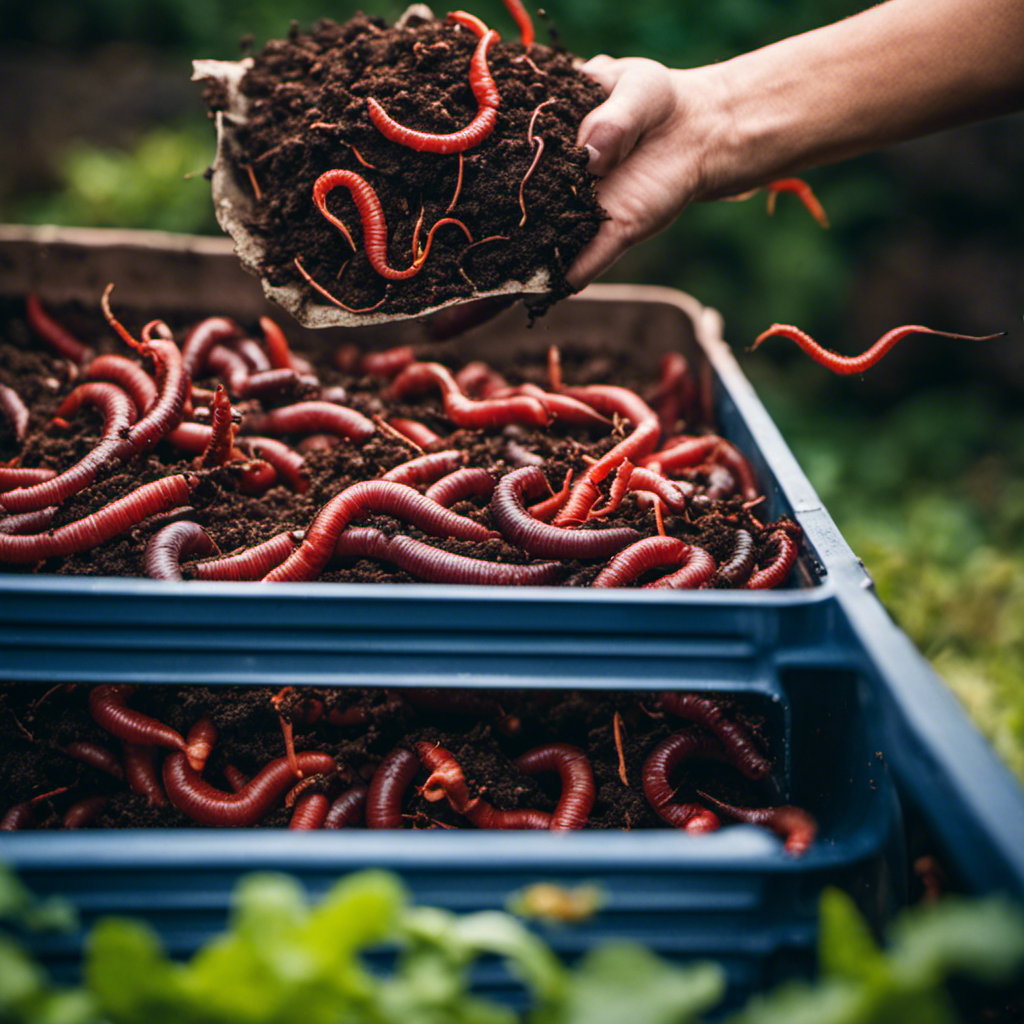
One important aspect of advanced organic farming is the use of vermicomposting. Vermicomposting involves using worms to break down organic materials into nutrient-rich compost. This technique offers several advantages over traditional composting methods:
-
Increased nutrient content: Vermicomposting produces compost that’s higher in nutrients compared to traditional composting. The worms break down the organic matter more efficiently, resulting in a compost that’s rich in essential plant nutrients like nitrogen, phosphorus, and potassium.
-
Faster decomposition: Vermicomposting speeds up the decomposition process. The worms consume organic waste at a faster rate, accelerating the breakdown of materials and significantly reducing the time required for composting.
-
Improved soil structure: The vermicompost produced through this method has a crumbly texture that enhances soil structure. It improves water retention and aeration, creating an optimal environment for plant growth.
-
Pest and disease control: Vermicomposting promotes the growth of beneficial microorganisms that can suppress harmful pests and diseases. These microorganisms help control pathogens and pests, reducing the need for chemical interventions.
Compared to traditional composting, vermicomposting offers a more efficient and effective way to produce high-quality compost for organic farming. It maximizes nutrient availability, speeds up the decomposition process, improves soil structure, and contributes to pest and disease management. Incorporating vermicomposting into advanced organic farming practices can greatly enhance the overall productivity and sustainability of agricultural systems.
Bokashi Composting
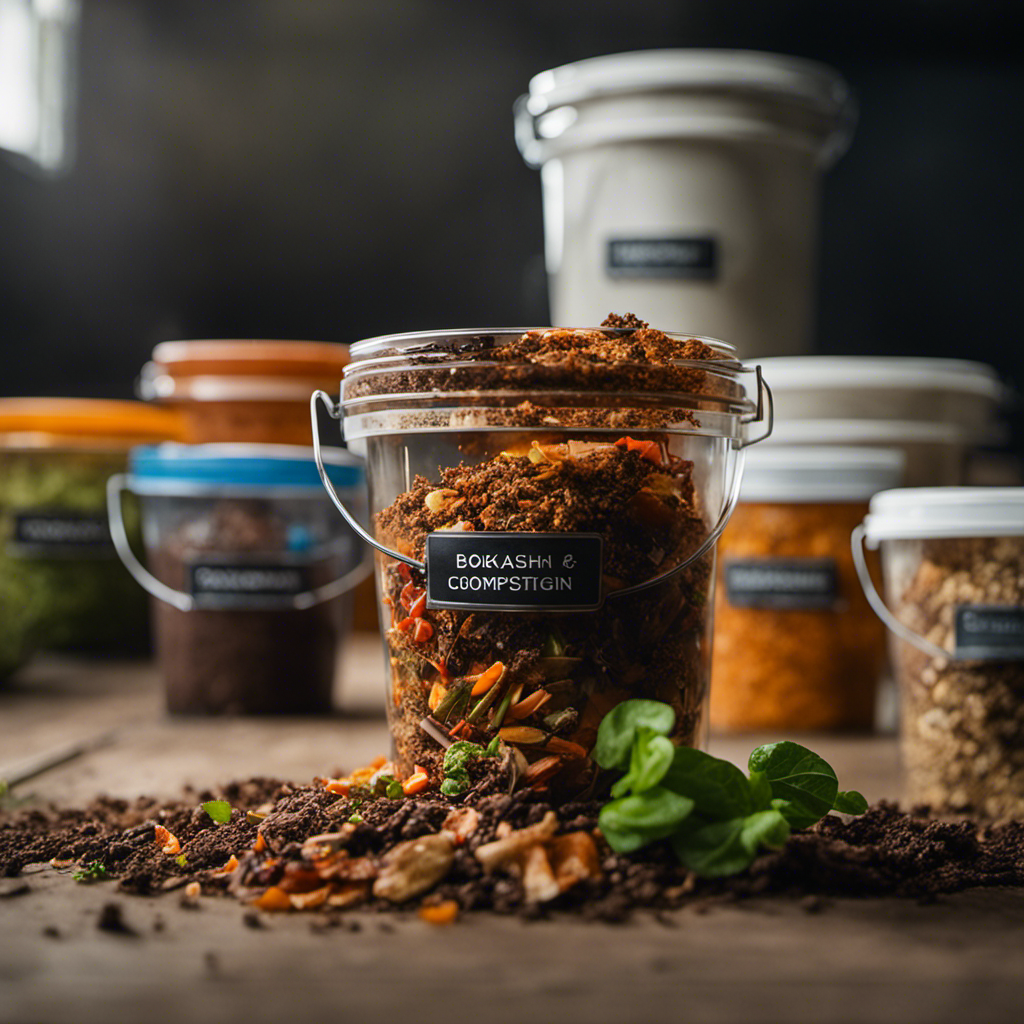
Introducing Bokashi Composting: An Effective Organic Farming Technique
In the realm of advanced organic farming composting techniques, there is an innovative method called Bokashi composting that deserves attention. Bokashi composting is a fermentation process that utilizes beneficial microorganisms to break down organic matter. This technique offers a multitude of benefits for organic farming.
One of the key advantages of Bokashi composting is its ability to compost a wide range of organic materials, including meat, dairy products, and cooked food scraps. Unlike traditional composting methods, Bokashi composting can handle these materials effectively. As a result, farmers can divert a significant portion of their organic waste from landfills and transform it into nutrient-rich compost.
The Bokashi composting process involves layering organic waste with Bokashi bran, which is a mixture of microorganisms that ferment the waste. The waste is then packed tightly in an airtight container, where the fermentation process occurs. This anaerobic process produces a nutrient-rich liquid known as Bokashi tea, which serves as an excellent liquid fertilizer for plants.
To illustrate the benefits of Bokashi composting, let’s take a look at the following table:
| Benefits of Bokashi Composting | |
|---|---|
| Reduces organic waste in landfills | Improves soil structure |
| Composts a wide range of organic materials | Increases nutrient availability |
| Produces nutrient-rich liquid fertilizer | Enhances plant growth and health |
In summary, Bokashi composting offers a unique and effective way to compost a variety of organic materials while providing numerous benefits for organic farming. By implementing this technique, farmers can significantly reduce waste, improve soil quality, and promote healthier plant growth.
As the famous environmentalist Jane Goodall once said, "Composting is nature’s way of recycling," and Bokashi composting takes this principle to a whole new level.
Thermal Composting
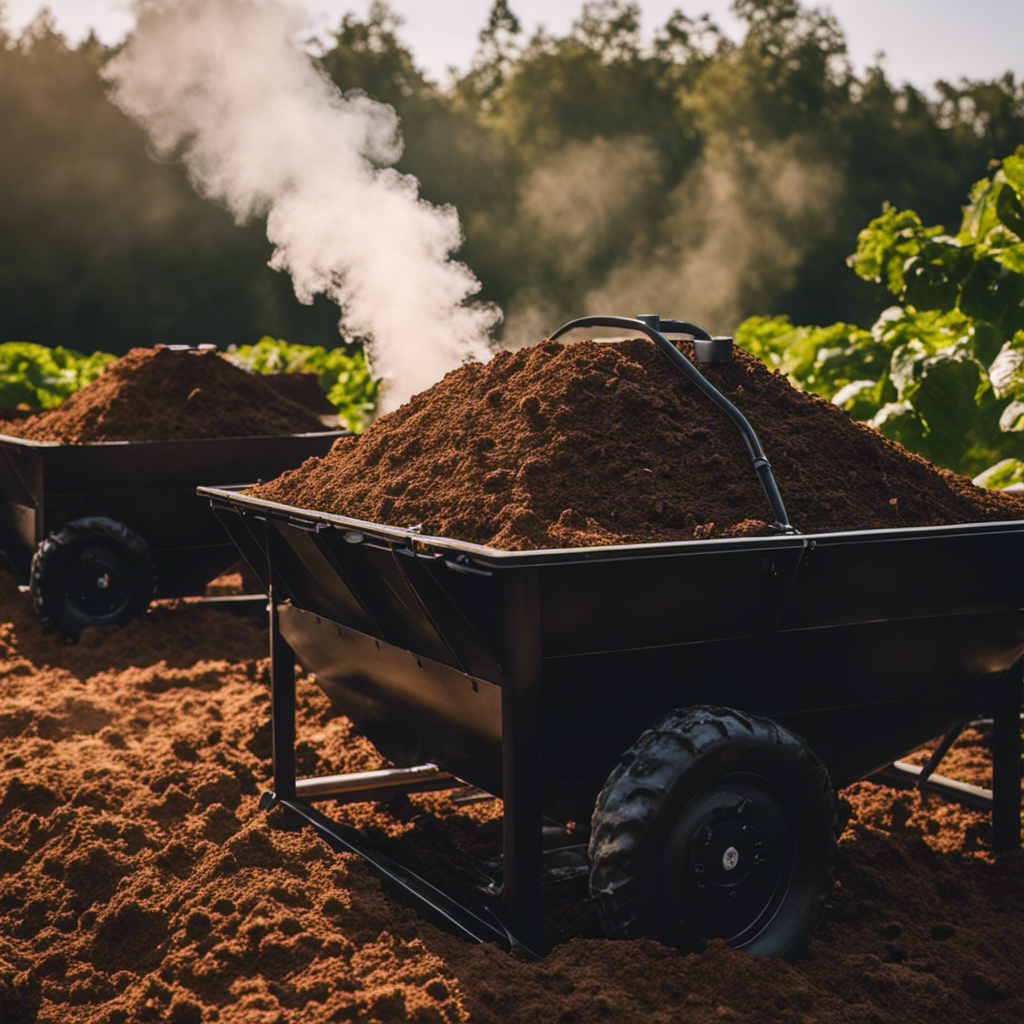
Thermal composting is a technique that involves using heat to decompose organic materials efficiently. It’s a controlled process where organic waste is decomposed at high temperatures, typically between 131°F (55°C) to 160°F (71°C).
Here are four important aspects to consider when it comes to thermal composting:
-
Industrial Applications: Thermal composting is widely used in large-scale composting facilities for processing organic waste from agriculture, food processing, and municipal sources. The high temperatures reached during thermal composting ensure the destruction of pathogens, weed seeds, and other harmful organisms, resulting in safe and nutrient-rich compost.
-
Composting Equipment: To carry out thermal composting, specialized composting equipment is necessary. This includes enclosed composting systems with insulation materials, temperature control mechanisms, and aeration systems. These equipment ensure optimal composting conditions and facilitate the efficient breakdown of organic materials.
-
Temperature Monitoring: Monitoring the temperature is crucial in thermal composting to ensure the process is carried out correctly. Thermometers and temperature probes are used to measure and regulate the temperature inside the composting system. This allows for adjustments to be made to maintain the ideal temperature range for effective composting.
-
Time and Efficiency: Thermal composting is a relatively fast process compared to other composting methods. The high temperatures accelerate the decomposition process, resulting in a shorter composting time. Additionally, the controlled conditions in thermal composting promote efficient decomposition, leading to the production of high-quality compost in a shorter period.
Thermal composting is a valuable technique with numerous industrial applications. By utilizing specialized composting equipment and monitoring temperature, this method offers a time-efficient and effective way to convert organic waste into nutrient-rich compost.
[QUOTE]: ‘Thermal composting isn’t only an efficient method for decomposing organic waste but also a sustainable solution for producing high-quality compost.’
Compost Tea Production
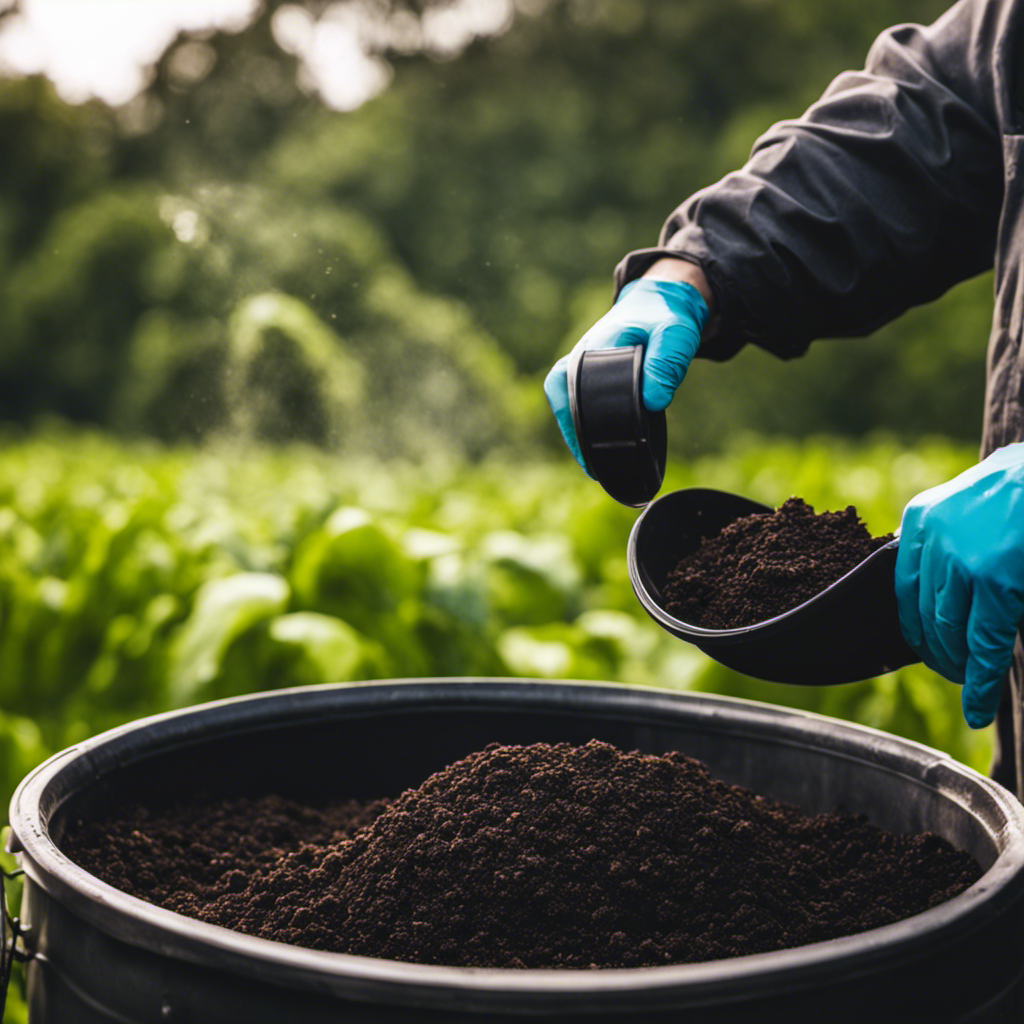
One important aspect of compost tea production is the use of a specific brewing process. Compost tea is a liquid fertilizer made by steeping compost in water. It’s a valuable tool for organic farmers as it provides a concentrated source of beneficial microorganisms and nutrients that can help improve soil health and plant growth.
To begin the brewing process, a compost tea brewer is used. This device allows for the aeration and agitation of the compost tea mixture, which is crucial for the growth and reproduction of beneficial microorganisms. The compost tea brewer should be equipped with a pump, air stones, and aeration hoses to ensure proper oxygenation.
The compost tea brewing technique involves combining compost, water, and a food source such as molasses in the brewer. The mixture is then agitated and aerated for a specific period of time, typically 24-48 hours. During this time, the beneficial microorganisms in the compost multiply, creating a nutrient-rich tea.
Compost tea benefits include improved soil structure, increased nutrient availability, and enhanced plant health. When applied to the soil or foliage, compost tea can help suppress diseases, improve nutrient uptake, and promote overall plant vigor.
Conclusion
Incorporating innovative composting techniques can greatly improve organic farming practices. These techniques include:
- Aerobic composting
- Vermicomposting
- Bokashi composting
- Thermal composting
- Compost tea production
By utilizing these methods, farmers can effectively recycle organic waste, enhance soil health, and increase crop yield.
These techniques blend science and sustainability, paving the way for a greener future in agriculture.
